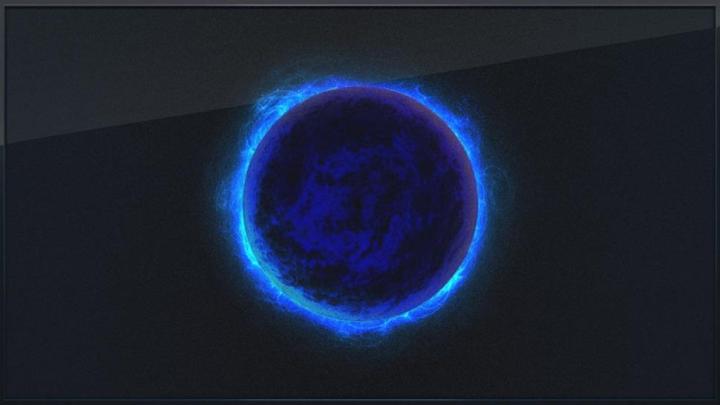
Even if you have no interest in PC gaming, Valve, or the upcoming Steam Machines, it is in every gamer’s best interest to hope Valve succeeds. And that’s coming from a lifelong console gamer.
I began my obsession with gaming on a computer. My brother and I had an Atari that we spent many an hour on, but it was on a computer where I first learned the importance of a comfortable chair following hours spent marathon gaming.
When the NES debuted, I became a console kid, but I still played games on a computer. Games like Wing Commander and Gabriel Knight (which is releasing a 20th anniversary edition next year because hell yeah) were among my PC gaming swan song, to give you a time frame. I have gotten back into it a bit recently, but I remain primarily a console player.

Since it was founded in 1996, Valve has been on a slow, but steady incline as it has solidified itself as the preeminent PC gaming distribution platform. When Gabe Newell and Mike Harrington founded it, the company was a minor player. Now, as of 2012, it employs over 400 people, is worth an estimated $2.5 billion, and has a subsidiary in Luxembourg. Yes, the Luxembourg! (To be fair, the majority of my exposure to Luxembourg comes from a single episode of Top Gear where they drove through it, but it seemed very nice.)
But in the last few months with the unveiling of the Steam trifecta – SteamOS, the Steam Machines, and the Steam Controller – Valve has suddenly become one of the most important players in the gaming industry, enough so that Sony and Microsoft should begin to sweat. Nintendo too, but if the House of Mario isn’t already sweating for a lot of reasons, it may mean the water supply in its Kyoto HQ is laced with valium.

The second, and more important barrier is the cost. Buying a good PC can be daunting for people on a budget – i.e. most of us. Some of the best rigs cost more than my car. Hell, they cost twice as much as my car, but even low end systems can run you. No question you get what you pay for, and the upgradable nature of PCs means you could end up turning it into it a value – relatively speaking – as you spend a few dollars to upgrade and remain cutting edge. But the bottom line is that it’s still more expensive. Throw in peripherals that can cost triple digits, and you are left with a gaming platform that only appeals to the most dedicated.

The PS4 and Xbox One are built like mid-level PCs with custom operating systems, which isn’t that far off from what Valve is offering with the Steam Machines. If you follow gaming, then you probably know a fair amount about Valve’s machines already. But for casual gaming fans, Sony and Microsoft’s consoles are the star attraction for now. Valve is a big-ish company, but it’s nothing compared to Sony. The entire Valve staff could work out of Microsoft’s cafeteria and have room to spare. But in 3-4 years, the new consoles will be hitting their strides, while at the same time showing their limits. The Steam Machines, on the other hand, could be an upgrade away from hitting a new level. They will be modular, upgradeable gaming systems for the living room, and casual gamers will hear about it.
At that point, both Sony and Microsoft should begin to sweat. Valve may not get exclusives like Halo or Uncharted, but it can offer Half-Life 3 (in theory), Portal 3, a new Counter-Strike, and more. It is also introducing additional media content like movies, and it will offer a digital resale marketplace along with game sharing.
Sony and Microsoft will be forced to re-examine their hardware and begin developing the PS5 and Xbox… Two?… with upgradability in mind. It seems inevitable. Competition is always a good thing, but this is a new type of competition. History has shown us that a good idea can cause a rapid change, and the Steam Machines are a good idea. It won’t just be two somewhat similar pieces of hardware fighting it out (three if you count the Wii U), it will be two philosophies fighting. And one will be just as easy to use, possibly be cheaper in the long run, have better performance, and be developed with community at the forefront. Sony and Microsoft will need to change their strategies to keep up, and gamers are the ones that will benefit.
Just imagine two of the biggest and most powerful manufacturers in the world being forced into a competition with a company that was built on innovation and community involvement. That, my friends, will be a good day for gaming.
Hot Coffee and News
38 and Rhode Island head to court

Activision Blizzard seals the deal

Dead Rising 3 won’t be released in Germany



